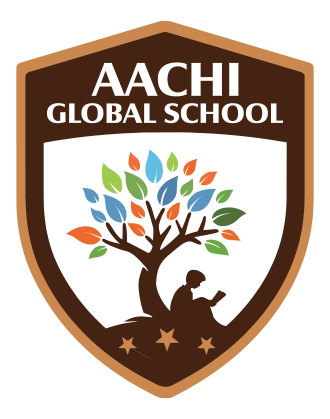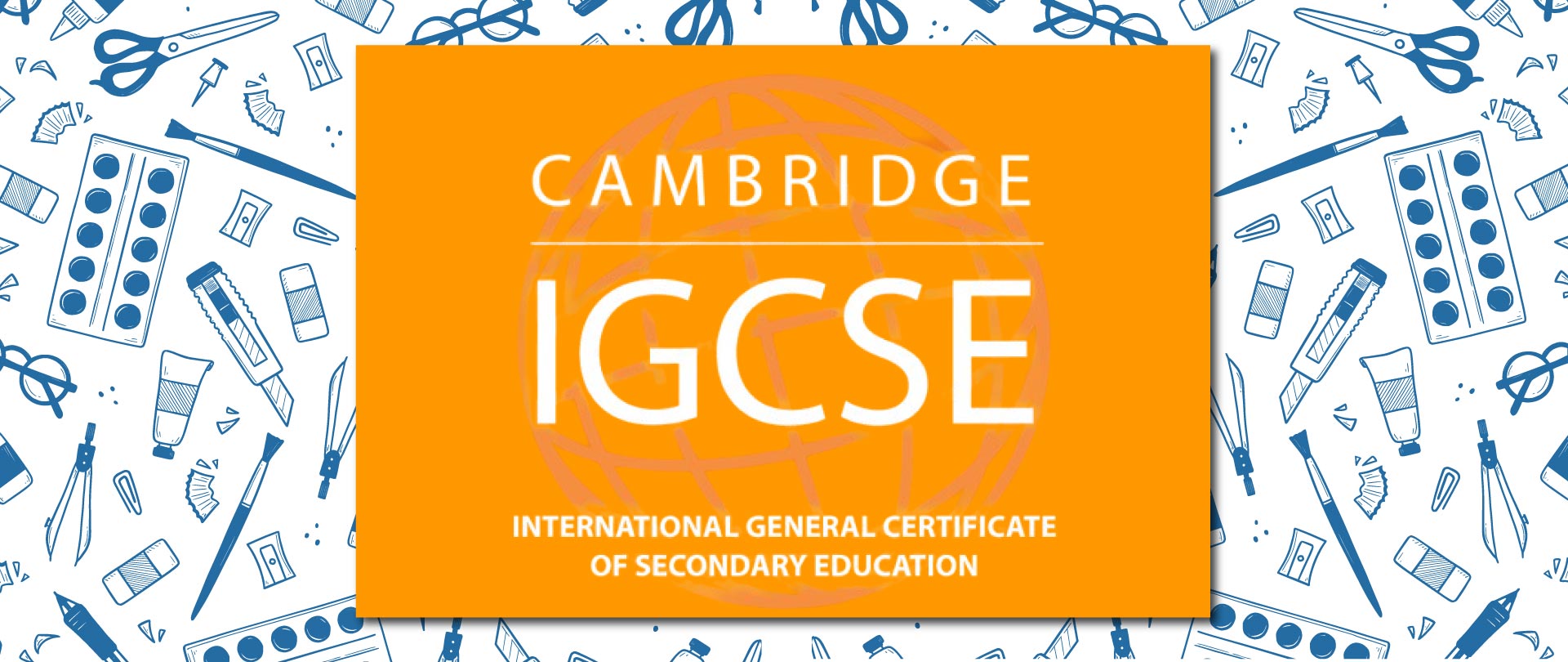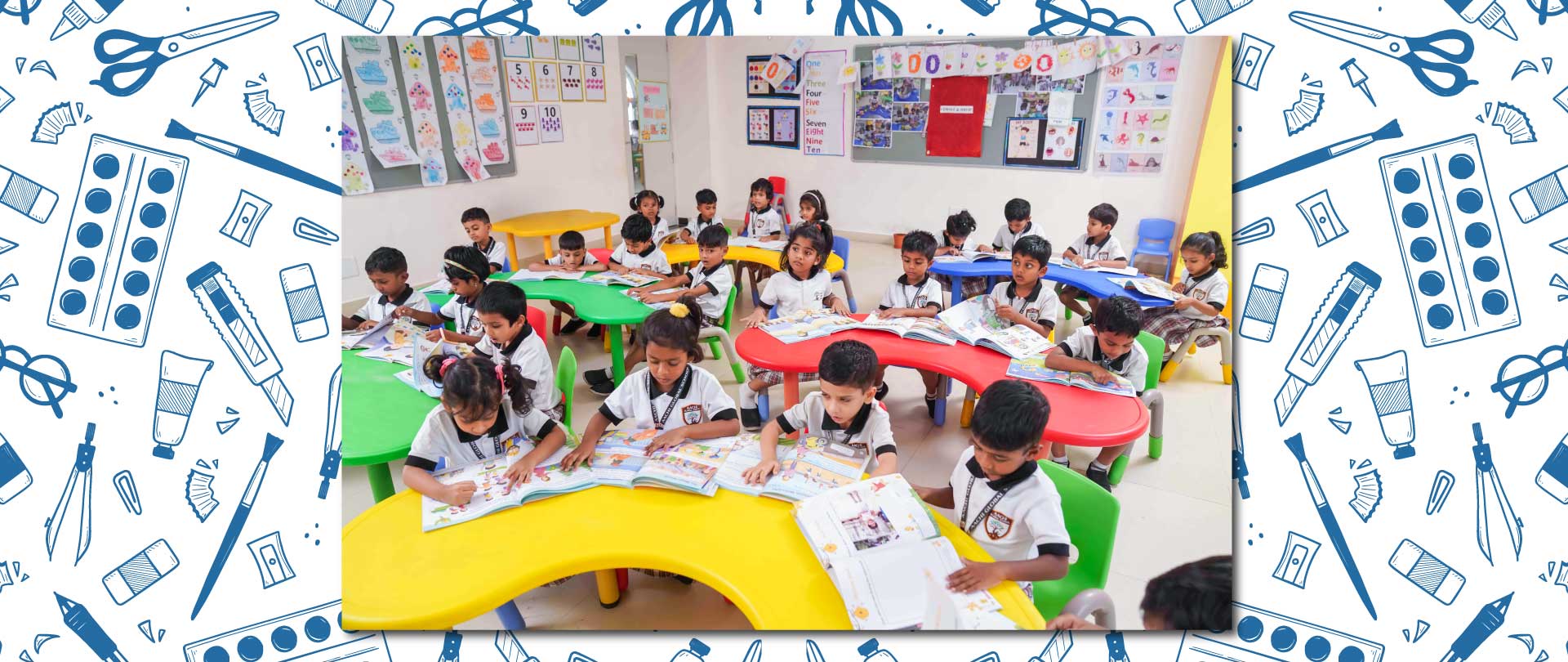Imagine school as a launchpad for your child’s future. Picking the right educational board is like choosing the fuel that will propel them. In India, there are two popular boards for students to pursue Science or Commerce streams. They are the Indian Certificate of Secondary Education (ICSE) and the International General Certificate of Secondary Education (IGCSE). Both boards lay a strong foundation for higher education, but they come up with their strength and difficulties. Let’s delve into ICSE vs IGCSE and find which board is better for your children’s future.
What is the IGCSE Board?
The IGCSE board’s full form is the International General Certificate of Secondary Education. It is an international curriculum recognized by Cambridge Assessment International Education(CAIE). The curriculum offers a wide range of subjects designed to cater to the student’s interests and strengths. It helps improve the student’s performance by developing skills in creative thinking and problem-solving.
The Cambridge exam board offers 70 subjects including 30 languages, humanities and science. The aim is to make the students well-versed in diverse subjects and different linguistics backgrounds. To cater to students with different abilities, the IGCSE also gives the option to choose core and extended curricula in certain subjects.
IGCSE has global recognition among universities and employers, opening doors for students to pursue diverse career paths and higher education opportunities across the world. It is the favourite choice among the students who want to pursue their higher education in foreign universities.
What is the ICSE Board?
The ICSE Board’s full form is the Indian Certificate of Secondary Education. It is an examination conducted by the Council for the Indian School of Certificate Examination(CISE), a private board established in 1958 to offer high-quality education to children. The council conducts the ICSE examination for classes 10th, 11th and 12th, the curriculum is regulated through the ISC (Indian School Certificate) examination conducted by CISE. The board exams are held between February and March every year.
The ICSE board has a very standardized curriculum that supports critical thinking, creativity and application learning among students. The board offers a wide range of subjects and courses to its students including Mathematics, Science, Languages, Humanities and Arts.
ICSE is widely accepted by universities and institutions across India. The curriculum also helps students to prepare for tough competitive exams like NEET, AIEEE, BTEC and AIIMS that provide a bright future for students.
Suggested Read: 8 Different Types of Education Boards in India
Comparison Between ICSE and IGCSE
Let’s have an overview of the difference between IGCSE and ICSE. These boards offer secondary education programs that provide students with a comprehensive education. However, there are some key differences between the two that set them apart.
Curriculum of ICSE vs IGCSE
When comparing the curriculum of ICSE vs IGCSE, ICSE offers a broad and rigorous curriculum including subjects like English, Mathematics, Science, Humanities and Languages. On the other hand, IGCSE focuses more on traditional academic subjects like English, Mathematics, Science, Social science and other languages.
Focus on ICSE vs IGCSE
While talking about the focus on ICSE vs IGCSE, the IGCSE board places a strong emphasis on problem-solving and analytical thinking skills. It encourages the students to think critically and independently which prepares them for higher education. On the contrary, ICSE focuses more on subject-specific knowledge and the development of analytical and logical reasoning skills.
Board Recognition in ICSE vs IGCSE
While comparing the board of ICSE vs IGCSE, ICSE is recognized by most Indian universities for undergraduate admissions. It provides a strong foundation for careers in various fields within India.
On the other hand, IGCSE is recognized internationally by universities worldwide. It is a good choice for students aiming to study abroad or seeking a more internationalized curriculum.
Suggested Read: Know the comparison between CBSE and IGCSE Curriculum in Aachi Global School
Difference Between ICSE and IGCSE
Syllabus of ICSE vs IGCSE
Let’s have a brief difference between ICSE and IGCSE.
The IGCSE Syllabus is more comprehensive and complete, giving equal weight to all subjects.
There’s a wide range of subjects, over 70, that students can choose from. These subjects are grouped into five main categories including the following subjects Languages, Humanities & Social Sciences, Sciences, Mathematics, and Creative, Technical & Vocational.
Students can pick a minimum of 5 subjects and a maximum of 14, depending on their interests and plans. Some subjects also have different streams, like core and extended programs.
On the other hand, the ICSE syllabus offers a variety of subjects, much like IGCSE. English, Hindi, Mathematics, Science (Physics, Chemistry, Biology) and Social Studies (History, Civics, Geography) are some of the core subjects.
Grading System of ICSE vs IGCSE
When discussing the grading system of ICSE vs IGCSE, the ICSE grading system consists of two key elements: internal and external assessments. Internal assessment is conducted by the school, while external assessment is managed by the Council for the Indian School Certificate Examinations (CISCE).
Internally, ICSE schools evaluate students through various methods like periodic tests, class assessments, and assignments. These assessments are scored out of 100, and grades are assigned based on percentiles.
For ICSE exams, the grading is based on the below seven-point grading scale with the corresponding marks. The seven grades are:
- A+: 90-100%
- A: 80-89%
- B: 70-79%
- C: 60-69%
- D: 50-59%
- E: 40-49%
- F: Below 40%
Students should score above 33% in all subjects to pass the exam. The final result is calculated by averaging the marks obtained in all subjects.
Cambridge IGCSE students receive grades ranging from A* to G, the system widely acknowledged by universities across the world.
The IGCSE assessment structure aims to offer a thorough evaluation of students’ academic progress. The schools evaluate students through various methods like periodic tests, class assessments, and assignments.
The grading is based on an eight-point grading scale, where each grade corresponds to a particular range of marks. The eighth grades are:
- A*: 90-100%
- A: 80-89%
- B: 70-79%
- C: 60-69%
- D: 50-59%
- E: 40-49%
- F: 30-39%
- G: Below 30%
Students who should score above 40% in all subjects to clear the exam. The final result is calculated by aggregating the marks obtained in all subjects. The Cambridge IGCSE exam serves as qualifications towards the International Certificate of Education (ICE) for advanced ‘O’ level, opening doors to pursue higher education on a global scale.
Course Duration difference in ICSE vs IGCSE Board:
The duration of the course for ICSE is 2 years, which includes classes IXth and Xth. Cambridge IGCSE spans 2 years.
Linguistic Support in IGCSE vs ICSE Board
IGCSE caters to a wider range of students by offering a selection of over 30 languages, while ICSE prioritizes English language proficiency.
Private Students in IGCSE vs ICSE Board
The ICSE has a rule that it does not allow private students to attend the exams, while IGCSE has room for private students.
Localized Content between ICSE vs IGCSE
The curriculum of IGCSE allows localised content to be taught in the respective regions, while ICSE is focused on teaching English as a common language across all the schools.
Level of ICSE Vs. IGCSE
The ICSE is a national-level exam conducted in India, while IGCSE is an international standard curriculum.
ICSE vs IGCSE: Which is better?
Choosing the board depends on your educational goals and priorities. Here’s a breakdown to help you decide which board is better: ICSE and IGCSE:
ICSE might be a good fit if you plan to stay in India for higher education and it is well-aligned with the Indian education system. It offers a comprehensive curriculum with a focus on languages, arts, and sciences.
IGCSE might be a good fit if you plan to study abroad. The curriculum is internationally recognized and provides good preparation for diverse educational systems. It allows you to choose subjects that align with your interests and strengths.
In conclusion, both ICSE and IGCSE have their advantages and disadvantages, and the choice between the two depends on the student’s interests, strengths, and future educational goals. Ultimately, the best choice depends on your individual goals and needs.
By understanding the differences between ICSE and IGCSE, you can confidently choose the path that paves the way for your bright future.
Why Should You Choose Aachi Global School?
Aachi Global School is an excellent choice for students seeking a high-quality education in Chennai, offering both CBSE and Cambridge International (CAIE) curricula. Our school is renowned for its commitment to academic excellence and holistic development, providing a stimulating learning environment that encourages innovation and intellectual growth.
Our Cambridge International syllabus is well-known for its academic rigour and global recognition, laying the foundation for your children’s educational journey from kindergarten to Grade Ⅻ.
By analysing the factors of learning styles, academic strengths, and personal preferences of your ward, you can choose to enrol your kid in the ICSE or IGCSE curriculum.
To all the parents seeking the best education for their child, Admissions are now open at Aachi Global School Chennai. Enroll your kids today!
Frequently Asked Questions
1. What is the primary difference between ICSE and IGCSE in terms of subjects offered?
ICSE (Indian Certificate of Secondary Education) is a curriculum primarily followed in India, while IGCSE (International General Certificate of Secondary Education) is a globally recognized curriculum developed by Cambridge Assessment International Education (CAIE).
2. What is the course duration for ICSE and IGCSE?
Both ICSE and IGCSE have a course duration of 2 years, covering classes IX and X for ICSE and a comprehensive 2-year program for IGCSE
3. How do ICSE and IGCSE differ in their curriculum focus?
ICSE emphasises traditional academic subjects like English, Mathematics, Science, and Languages, while IGCSE offers a broader range of subjects, including practical and application-oriented learning in areas like Humanities, Sciences, and Mathematics
4. Which board is more internationally recognized – ICSE or IGCSE?
Compared to ICSE, IGCSE is an internationally recognized curriculum developed by the University of Cambridge International Examinations, making it an ideal choice for students aspiring for international education and work opportunities
5. Is IGCSE harder than ICSE?
Both ICSE and IGCSE are two different education boards with different approaches to learning, assessment and skill development.











